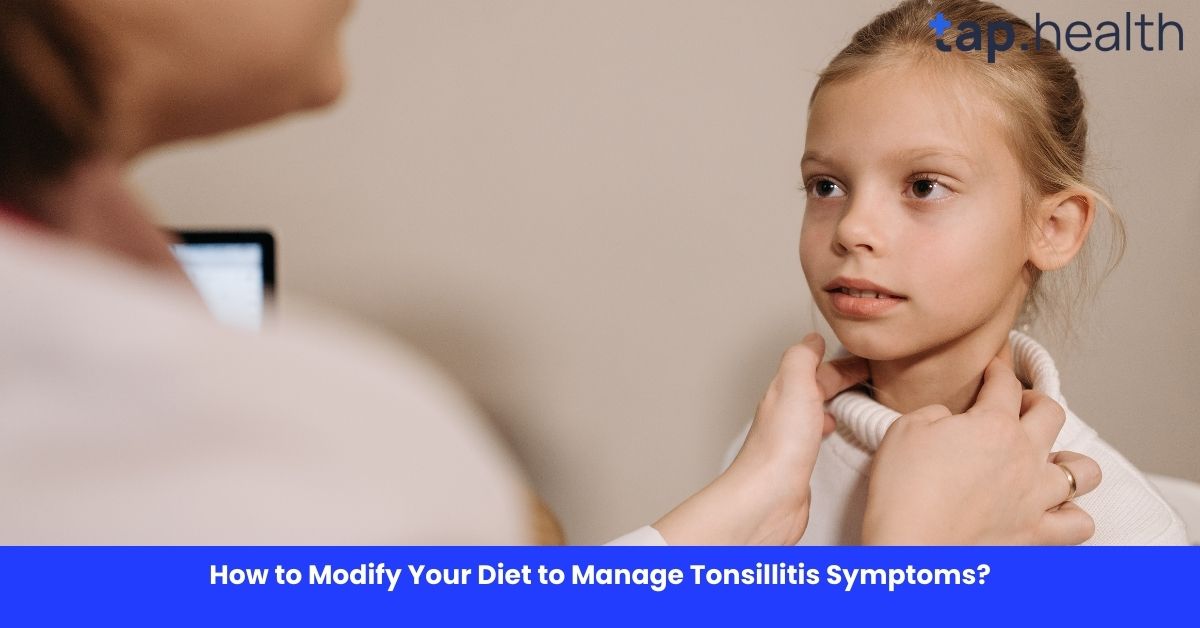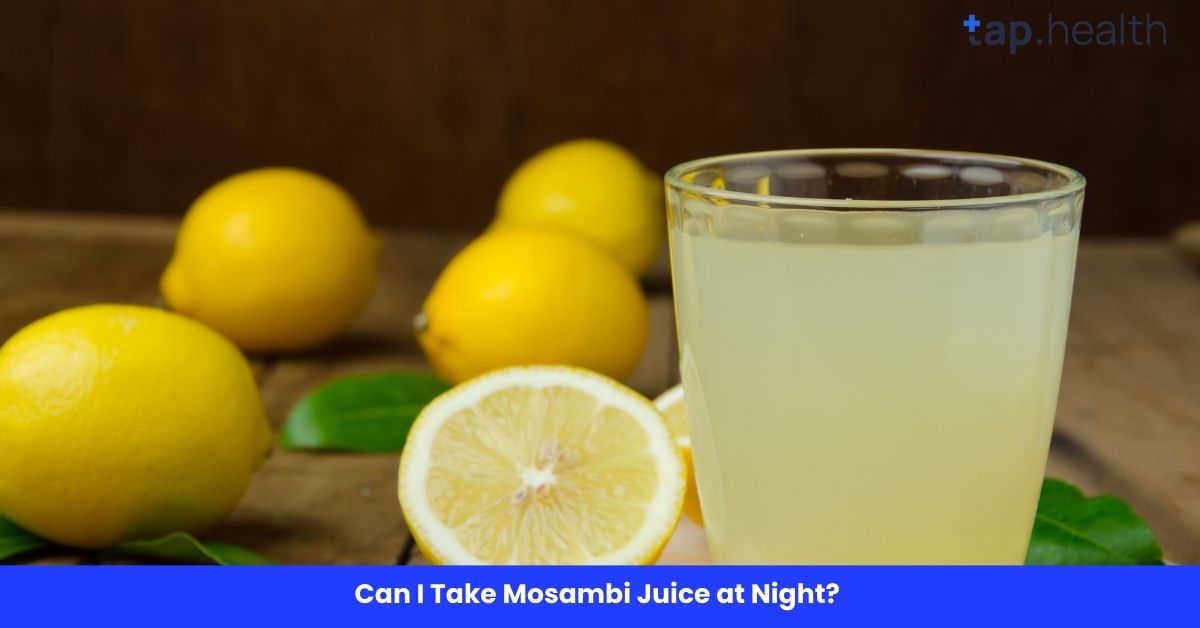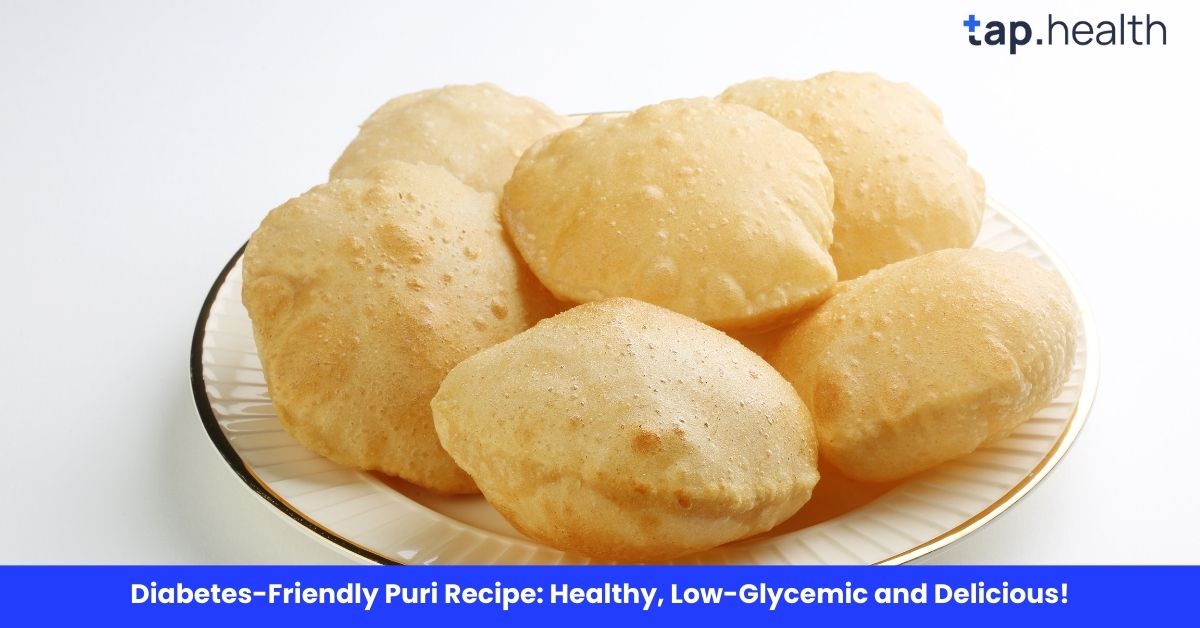Tonsillitis brings painful swallowing, sore throat, and swollen tonsils that make eating difficult. Modifying your diet for tonsillitis relief focuses on soft, soothing foods and proper hydration to reduce irritation, maintain nutrition, and support faster recovery. This blog explains proven dietary changes, best foods for sore throat in tonsillitis, foods to avoid, and practical tips backed by science.
What Is Tonsillitis and Why Does Diet Matter?
Tonsillitis is inflammation of the tonsils caused by viral or bacterial infections. The throat becomes raw, red, and extremely sensitive. Hard or irritating foods worsen pain through mechanical scratching or chemical stinging. A tailored tonsillitis diet minimizes these irritants while keeping you hydrated and energized to fight the infection.
Research shows proper hydration keeps mucous membranes moist, reducing pain, while nutrient-rich soft foods support immunity without aggravating swollen tonsils.
Key Principles: Texture and Temperature for Tonsillitis Symptom Management
Follow two golden rules for diet modification in tonsillitis:
- Choose Soft Foods Soft textures require minimal chewing and glide down easily. Hard or crunchy items scrape inflamed tissues, increasing discomfort.
- Control Temperature
- Cold foods numb pain and reduce swelling temporarily.
- Lukewarm foods soothe without intensifying inflammation.
- Avoid piping hot items that increase blood flow and worsen swelling.
These principles form the foundation of soothing foods for tonsillitis recovery.
Best Foods to Eat During Tonsillitis
Focus on hydrating, soft, and nutrient-dense options.
Warm and Soothing Fluids
Hydration is critical. Warm liquids moisten the throat and deliver gentle nutrition.
- Clear broths and vegetable/chicken soups – rich in electrolytes.
- Turmeric milk (haldi doodh) – curcumin provides anti-inflammatory benefits.
- Ginger tea with honey – natural pain relief and throat coating.
Cold Foods for Instant Pain Relief
Cold treats act like an internal ice pack.
- Plain ice cream or popsicles – numbs sore throat effectively.
- Cold plain yogurt (dahi) – probiotics boost immunity and provide protein.
Soft Solids for Sustained Energy
These supply calories and nutrients without straining the throat.
- Mashed potatoes – creamy and easy to swallow.
- Soft khichdi (rice and moong dal) – watery consistency ideal for Indian diets.
- Scrambled or soft-boiled eggs – high in zinc and protein for immune support.
- Ripe bananas – non-acidic, potassium-rich, and naturally soft.
Foods to Avoid with Tonsillitis
Certain foods act like irritants on raw throat tissue.
Crunchy and Hard Foods
- Toast, crusty bread, biscuits, chips.
- Raw vegetables like carrots or cucumbers.
- Nuts and dry fruits.
Acidic and Spicy Foods
- Citrus fruits and juices (orange, lemon, grapefruit).
- Tomatoes and tomato-based dishes.
- Spicy curries, chillies, and garam masala.
Avoiding these prevents worsening of sore throat pain and coughing.
Real-Life Example: How Diet Change Speeds Recovery
Anjali, a teacher, initially struggled with roti and spicy sabzi, which aggravated her symptoms. After switching to:
- Breakfast: Oatmeal with mashed banana
- Lunch: Watery dal-rice
- Snack: Fruit popsicle
- Dinner: Lukewarm soup and scrambled eggs
She experienced noticeable pain reduction within 24 hours and significant improvement by day three.
Expert Insight on Tonsillitis Diet
ENT specialists emphasize prioritizing softness and hydration over forced “strength foods.” Short-term focus on soothing foods allows medication and rest to work effectively. Studies confirm honey’s antibacterial action, zinc’s immune support, and hydration’s role in maintaining mucosal health.
Is Banana Good for Tonsillitis?
Yes. Bananas are soft, non-acidic, and nutrient-rich, making them one of the best fruits for tonsillitis relief.
Can I Drink Milk During Tonsillitis?
Yes. No scientific evidence links milk to increased phlegm. Cold or lukewarm milk, especially turmeric milk, is soothing and nutritious.
Are Eggs Good for Tonsillitis?
Yes. Soft scrambled or boiled eggs provide protein, zinc, and iron without irritation when prepared plainly.
Which Juices Are Safe for Tonsillitis?
Non-acidic juices like apple, grape, or pomegranate. Avoid citrus juices that sting inflamed tissues.
How Long Does Tonsillitis Last?
Viral tonsillitis typically improves in 3–4 days. Bacterial cases may need antibiotics. Seek medical help if symptoms persist beyond 4 days or breathing becomes difficult.
Does Salt Water Gargle Help Tonsillitis?
Yes. Warm salt water gargling reduces swelling through osmosis and eases pain. Gargle 2–3 times daily.
Can I Eat Rice During Tonsillitis?
Yes, but only if overcooked and soft. Khichdi or rice with plenty of gravy/dal is ideal.
Additional Tips for Faster Tonsillitis Recovery
- Sip fluids frequently – water, coconut water, herbal teas.
- Add honey to teas for throat coating and healing.
- Rest voice and body to support immune response.
- Combine diet changes with prescribed medication.
By following this tonsillitis diet guide—emphasizing soft foods, temperature control, hydration, and irritant avoidance—you can manage symptoms effectively, reduce pain, and recover faster. Always consult a doctor for severe or persistent cases.
References
-
Mayo Clinic: Tonsillitis Diagnosis & Treatment
-
NHS (UK): Sore Throat and Tonsillitis Diet
-
Healthline: What to Eat and Drink When You Have a Sore Throat



